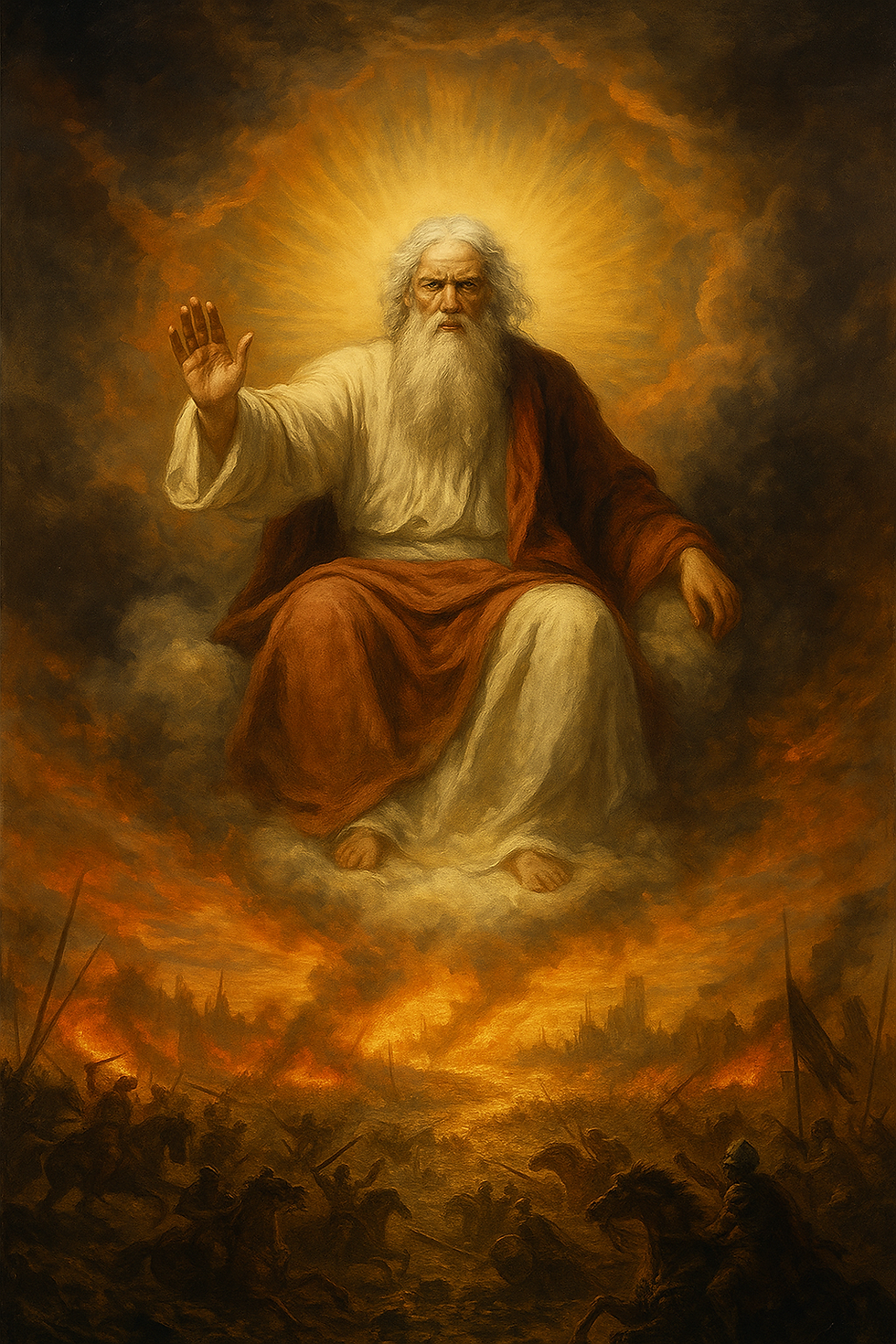The King Who Wept on the Mount of Olives
- Mitchell Bollig
- May 7, 2025
- 3 min read

When we picture Jesus in the Garden of Gethsemane, it’s almost impossible not to feel the weight of it. The Son of God, sweating drops of blood, weeping, praying in agony under the crushing burden of what was about to happen.
But what hit me recently — and maybe it’ll hit you too — is that He wasn’t the first king to weep on the Mount of Olives.
King David — Israel’s greatest king — also climbed the Mount of Olives weeping. But the reasons behind their tears? That’s where the beauty of the Gospel shines even brighter.
David’s Tears Were Because of His Own Sin
In 2 Samuel 15:30, we find David at one of the lowest moments of his life.
His son Absalom had stolen the hearts of the people.
A rebellion was rising.
David, the mighty warrior-king, was now a fugitive again — but this time, from his own household.
As David flees Jerusalem, he ascends the Mount of Olives barefoot, weeping, and with his head covered in grief. It’s a heartbreaking scene — the king, humbled and humiliated.
But here’s what makes it even heavier: David knew exactly why this was happening.
Years earlier, after David’s sin with Bathsheba and the murder of Uriah, the prophet Nathan had come to him with a devastating word from God:
"This is what the Lord says: 'Out of your own household I am going to bring calamity upon you. Before your very eyes I will take your wives and give them to one who is close to you, and he will lie with your wives in broad daylight.’"(2 Samuel 12:11)
David wasn’t just running from political enemies. He was running through the ripple effect of his own forgiven but costly sin. And he knew it.
When Absalom later pitched a tent on the palace roof and slept with David’s concubines in full view of Israel (2 Samuel 16:22), it was a brutal, public fulfillment of Nathan’s prophecy.
David climbed the Mount of Olives that day, carrying the crushing knowledge that his personal failure had opened the door to national disaster.
Jesus’ Tears Were Because of Our Sin
Now flash forward a thousand years.
Jesus — the true and better King, the "Son of David" — walks the Mount of Olives too.
But He wasn’t carrying His own sin.
He was carrying ours.
In Gethsemane, Jesus falls to the ground under the crushing sorrow of what’s coming: the betrayal, the lashes, the mocking, the cross. But more than any physical suffering, He feels the full weight of becoming sin for us (2 Corinthians 5:21).
Where David wept for the consequences of his own guilt, Jesus wept for the consequences of ours. Where David fled in shame, Jesus stood firm to face the shame — on our behalf.
The Gospel in the Comparison
The Mount of Olives holds the tears of two kings.
David’s tears remind us that sin has a ripple effect. Even when forgiven, our choices leave scars.
Jesus’ tears remind us that God, in His mercy, chose to bear those scars Himself.
David was a king undone by his own sin. Jesus is the King who was willing to be undone for our sin.
Final Thought: The next time you think about Jesus in Gethsemane, remember: He wasn’t just dreading physical pain. He was stepping into the full storm of sin — not His own, but ours. And He did it willingly, lovingly, knowing it was the only way to rescue us.
Our King wept — but His tears washed away our guilt forever.




Comments